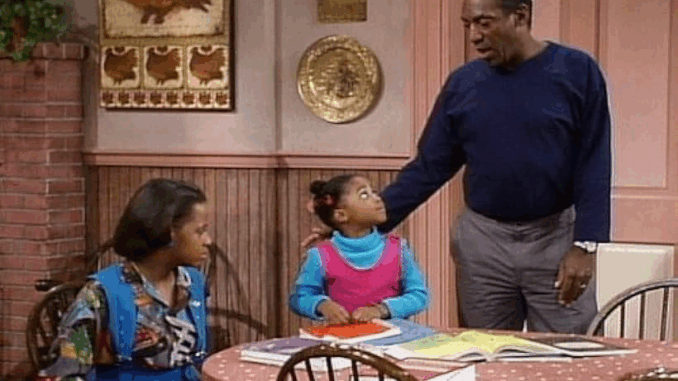
In the golden age of streaming and social justice awareness, many classic shows are being reexamined through a 21st-century lens. The Cosby Show, once the crown jewel of American primetime television, is at the center of this cultural reassessment.
What once symbolized progress and representation is now the subject of deep debate. Can the legacy of a show so influential survive the moral reckoning of its creator’s personal downfall? And more importantly—should it?
A Pioneering Sitcom Now Under the Microscope
When The Cosby Show first aired in 1984, it offered a groundbreaking depiction of a successful Black family—a vision that defied television stereotypes. For eight seasons, the Huxtables represented the ideals of education, integrity, and family unity.
However, decades later, the show’s connection to Bill Cosby, who was convicted (and later released on appeal) on charges of sexual assault, has overshadowed its achievements. Networks pulled it from syndication, streaming platforms removed it, and public opinion fractured.
In today’s media environment, where creators are held accountable like never before, The Cosby Show has become a litmus test for how society processes art born from flawed individuals.
Separating Art from the Artist: A Divided Conversation
Many fans and critics argue that The Cosby Show should not be judged solely by the actions of its creator. They point to its cast, writers, and cultural impact as justification for preserving its place in television history.
Others argue that continuing to celebrate the show risks minimizing the pain of survivors and reinforcing a harmful precedent—that talent can excuse misconduct.
This divide reflects a broader societal debate that extends far beyond The Cosby Show, touching music, literature, and film alike: Can we truly separate art from artist in the age of accountability?
Cultural Value vs. Moral Responsibility
From a media history standpoint, The Cosby Show remains invaluable. It opened the door for future generations of Black storytellers and challenged networks to think differently about representation.
Yet in a time when representation is no longer enough—when equity, safety, and ethical leadership matter more than ever—nostalgia alone cannot shield a work from criticism.
Many educators, historians, and cultural analysts now use The Cosby Show not just as an example of trailblazing art, but as a case study in how fame and power can distort legacy.
Lessons for Today’s Creators
Modern showrunners are watching closely. The fallout from The Cosby Show has shifted how networks vet talent, how contracts are written, and how stories are told. There’s a growing recognition that cultural responsibility must go hand-in-hand with creative vision.
At the same time, the show’s influence still lingers—in the structure of family sitcoms, in the normalization of Black professional families on screen, and in the subtle storytelling techniques that blended humor with life lessons.
Conclusion: A Cautionary Classic
The Cosby Show stands as both a triumph and a tragedy. It revolutionized what was possible for Black narratives in mainstream entertainment, yet its legacy is now marred by controversy.
As we continue to reflect on its place in pop culture history, one thing remains clear: The Cosby Show is no longer just a TV series—it’s a mirror of how far we’ve come, and how far we still have to go in reconciling entertainment with ethics.